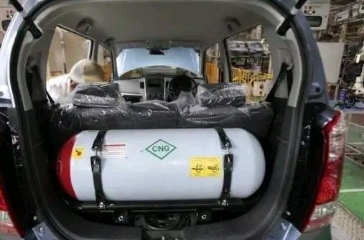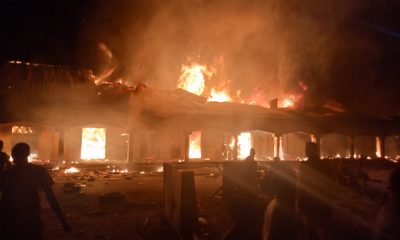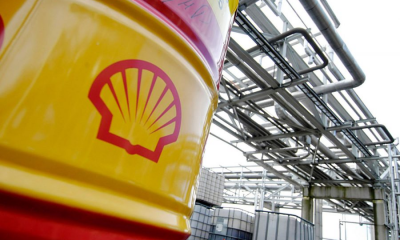A multinational player in global oil and gas sector, Shell, has warned of emerging threats of supply shortage in the mid-2020s in the global liquefied Natural Gas, LNG, market except new LNG production project commitments are made soon.
Releasing its annual LNG Outlook, Shell said that in a context where “LNG buyers continued to sign shorter and smaller contracts, the market is limited”, Japan remained the world’s largest importer of clean gas in 2017, while China moved into second place as Chinese imports surged past South Korea.
“Total demand for LNG in China reached 38 million tonnes, a result of continued economic growth and policies to reduce local air pollution through coal-to-gas switching,” a Shell release here said.
“We are still seeing significant demand from traditional importers in Asia and Europe, but we are also seeing LNG provide flexible, reliable and cleaner energy supply for other countries around the world,” Shell Director (Integrated Gas and New Energies) Maarten Wetselaar said in a statement.
“In Asia alone, demand rose by 17 million tonnes, that is nearly as much as the world’s fifth largest LNG exporter, Indonesia, produced in 2017,” he said.
Demand last year grew by 29 million tonnes to 293 million tonnes, according to Shell’s annual LNG Outlook.
“Since 2000, the number of countries importing LNG has quadrupled and the number of countries supplying it has almost doubled. LNG trade increased from 100 million tonnes in 2000 to nearly 300 million tonnes in 2017,” the American multinational said.
Noting that LNG buyers continued to sign shorter and smaller contracts, the statement said: “In 2017, the number of LNG spot cargoes sold reached 1,100 for the first time, equivalent to three cargoes delivered every day.”
“The mismatch in requirements between buyers and suppliers is growing. Most suppliers still seek long-term LNG sales to secure financing. But LNG buyers increasingly want shorter, smaller and more flexible contracts so they can better compete in their own downstream power and gas markets,” it said, adding “this mismatch needs to be resolved.”

 Entertainment5 days ago
Entertainment5 days ago
 Health1 week ago
Health1 week ago
 Health4 days ago
Health4 days ago
 Football1 week ago
Football1 week ago
 Football1 week ago
Football1 week ago
 Crime4 days ago
Crime4 days ago
 Crime1 week ago
Crime1 week ago
 Education6 days ago
Education6 days ago












